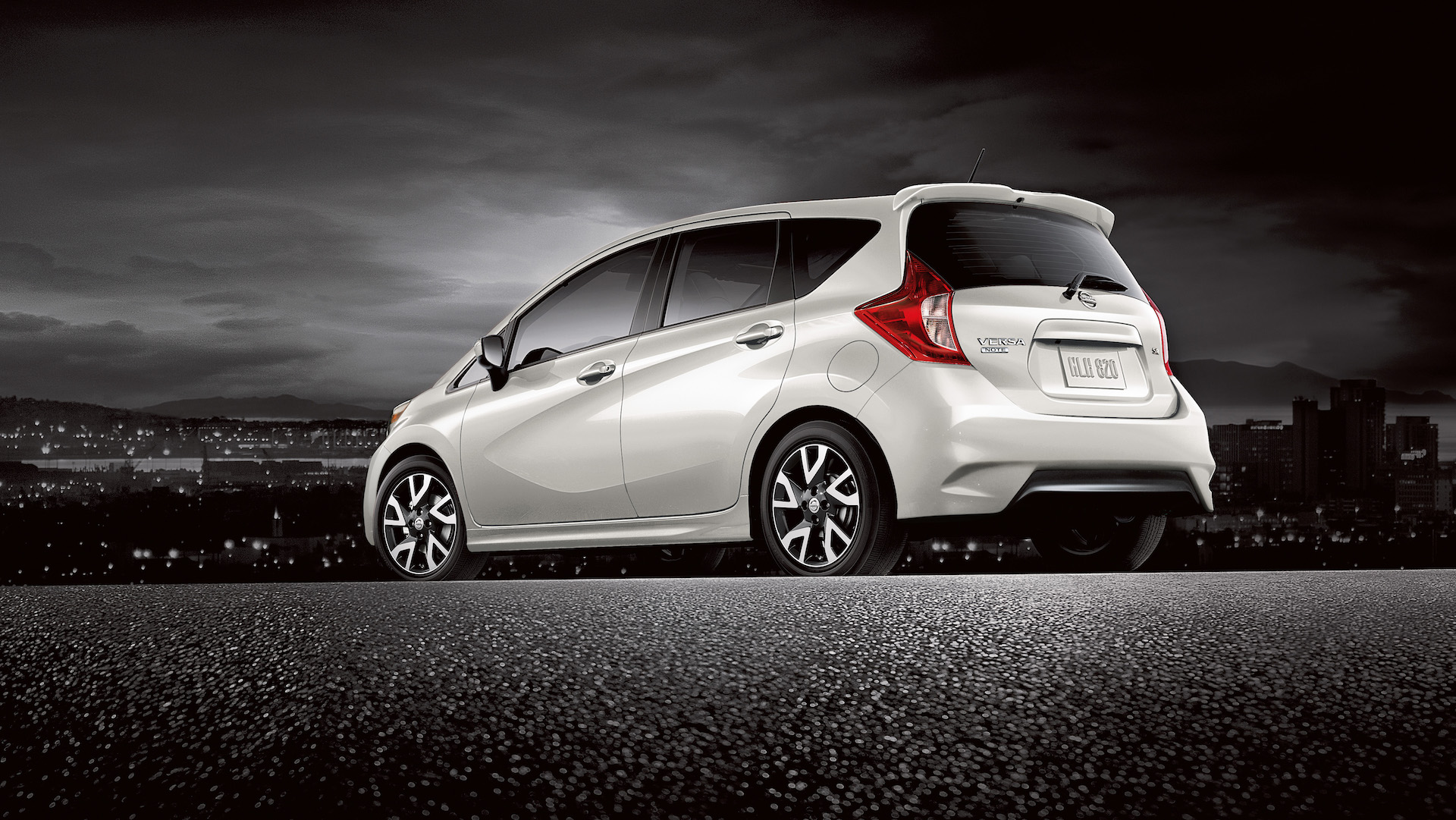

The new and used car markets in 2020 have been nothing short of a rollercoaster. While new car sales are starting to recover, inventory and other industry issues are putting the squeeze on new cars, which in turn, has skyrocketed the demand for used cars. Now, data by Edmunds suggests that this has created unprecedented pressure for dealers to acquire pre-owned stock, which has raised trade-in values for cars across the board.
Research reveals that the average value for trade-ins during the month of July reached $14,066, a 16.4 percent uptick from June, when values were a more modest $12,083. In total, this represents an increase of nearly $2,000 per vehicle.
Additionally, inventory turnover also experienced a sharp decline—in a good way. Edmunds noted that the average days to “turn” (sell) a vehicle fell from 44.1 days in June to 38.3 days in July, meaning that cars are also selling nearly 14 percent faster than the month prior. In fact, this is the sharpest month-over-month drop for inventory turnover it has ever recorded.
“The used market is experiencing a dramatic recovery: Used vehicles were sitting almost untouched at the start of the pandemic, and now they’re practically flying off dealer lots,” Jessica Caldwell, Edmunds’ executive director of insights, said in the study. “Dealers are willing to pay more to acquire inventory to meet the surge in demand for used cars, which is great news for car owners because it means they can expect to get a higher value for their vehicle if they sell or trade right now. But time is of the essence because there’s no guarantee that these unique market conditions will continue for long.”
While consumers can expect their car to appraise for more, it’s important to remember the essentials of car-buying before rushing in under the assumption of a good deal.
First, know your vehicle’s worth. Self-appraise your car’s value using online tools to roughly benchmark industry average based on your vehicle’s condition. Next, shop around—that includes not only the car that you’re looking to buy but also the trade-in offer you receive. Remember that your trade is also a chance for the dealer to make money, whether it be sold on their lot or sent to auction, meaning that this offer may very well vary from dealer to dealer.
Lastly, remember that paying cash for your car isn’t always going to net you the lowest out-the-door price. Dealers sometimes will incentivize financing offers because of corporate kickbacks, so taking out a loan and paying it off early (assuming there isn’t a clause regarding early payoffs) could get you an even better deal than cutting a check for the full amount.
Be sure to check manufacturer financing offers if buying new, as many OEMs are still offering considerable deals left over from the economic uncertainty that unfolded earlier this year.
Got a tip? Send us a note: tips@thedrive.com